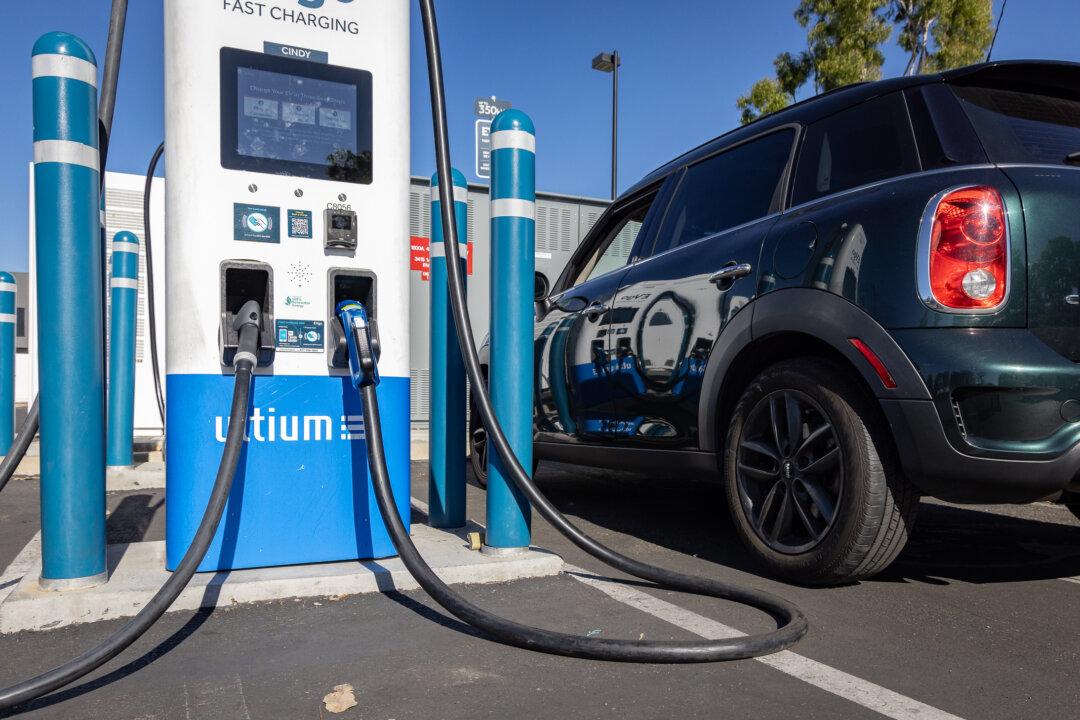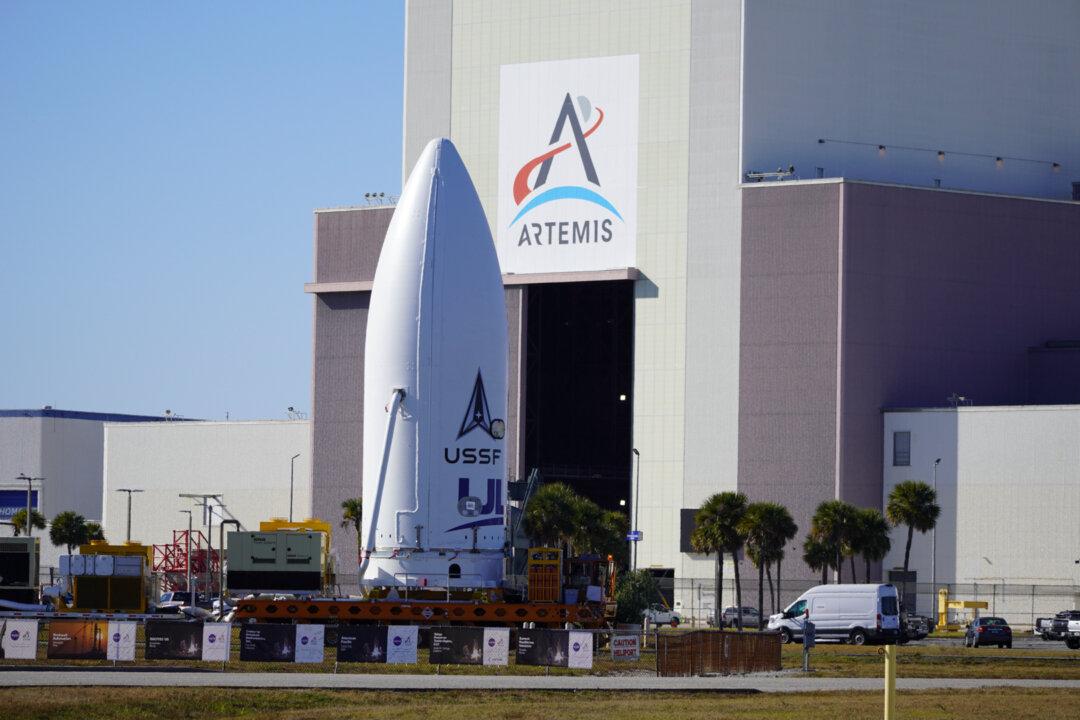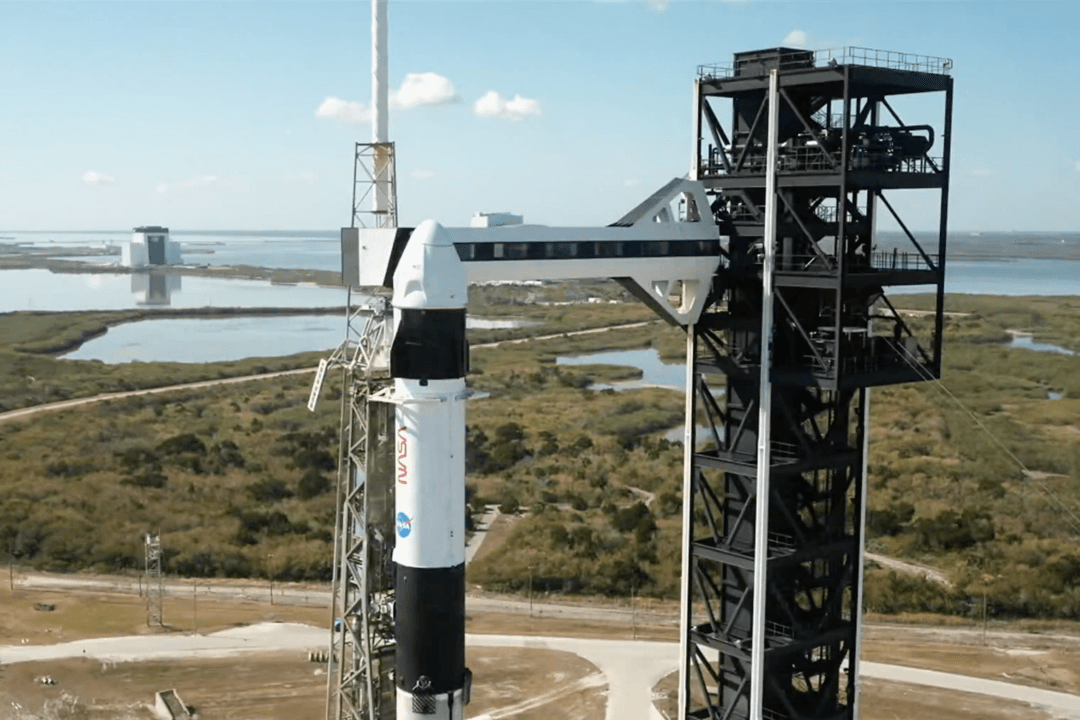Electric vehicle owners across the United States could face a new fee for their driving choices if a proposal heard in House committee this week becomes law.
The proposal submitted by Rep. Sam Graves (R-Mo.), head of the Transportation and Infrastructure Committee, is the panel’s portion of a wide-ranging bill to advance President Donald Trump’s agenda.





